Lake Velencei
CULTURECOVERY Workshop Series
3rd Workshop: Development of integrated tourism offers
The objective of the third CULTURECOVERY workshop, which was held at Rétimajor Guesthouse, was the review of existing individual offers and the development of integrated offers within traditional tourism offer.
Points of discussion:
- Ecomuseum management system: its problem, disadvantages, and solutions
- Role of involved participants in shaping the intangible cultural heritage
- Innovative methods of preservation and recovery of intangible cultural heritage;
- Role of creative industry and information and communication technologies in the future development
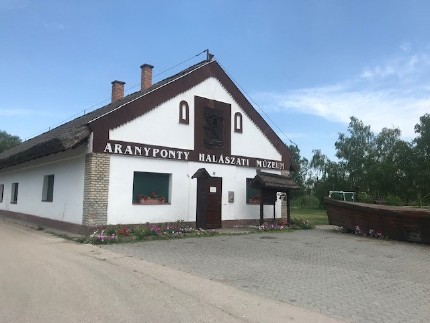
Rétimajor Guesthouse
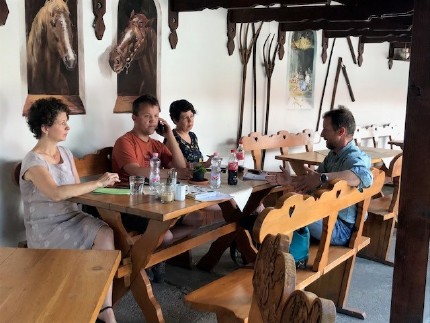
Participants
2nd Workshop: Innovative methods of preservation and performing Intangible Cultural Heritage
The second workshop was held in Rendek Eco-Farm, which is situated between the Danube and Tisza rivers, in the middle of the salt desert - the “puszta”.
The main purpose of this workshop was the presentation of innovative methods of preservation and performing Intangible Cultural Heritage and planning for their application.
According to the participants' uniform opinion, civil organizations and personal relationships have a very important role in the maintenance of the intangible cultural heritage. One of the biggest obstacle of their day-to-day operation and development is the lack of adequate financial background. The difficulty of working with decision-makers and public offices is also a problem. The participants agreed on the importance of the information and communication technologies sector, but could not identify the precise meaning of 'creative industry'. However, the current and future generations of intellectual cultural heritage could be brought together with the help of information and communication technologies.
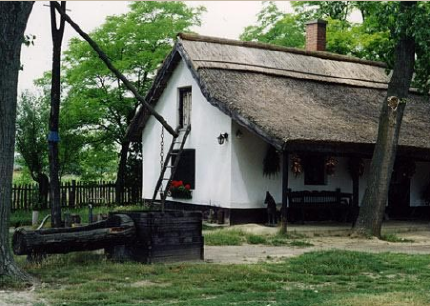
Rendek Eco-Farm
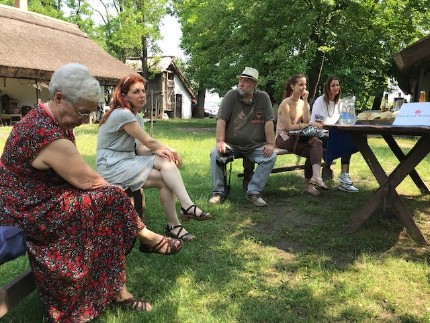
Workshop Nr. 2: Participants
1st Workshop: Effective and Sustainable Management
The goal of Lake Velencei Development Company's first CULTURECOVERY workshop was the revision of applied management models and the introduction of new methods and approaches to increase effectiveness and sustainability.
The main purpose of the workshop was the revision of applied management model and introducing new methods and approaches to increase effectiveness and sustainability. To reach of the workshop goals the participants discussed:
- Current ecomuseum management system
- Problems and the disadvantages of this system
- Possible ways to solve these problems
The participants identified the risk for present and future generation about cultural heritage as a problem. Amongst others, cooperation and network improvement between different participants, the establishment an Intangible Cultural Heritage blog with particular reference to the fishing sector, and participation methods were voiced as important requirements for the emerging ecomuseum.
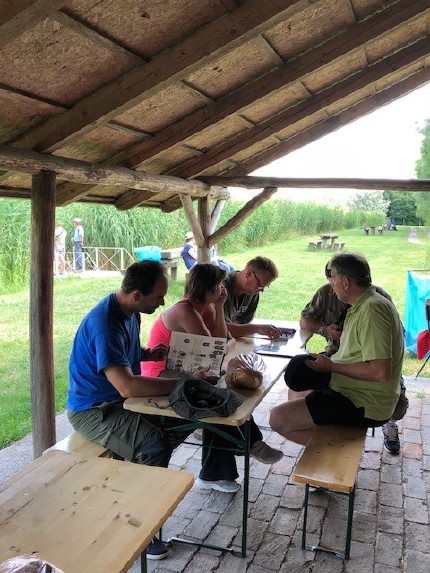
First Workshop: Rétimajor Guesthouse